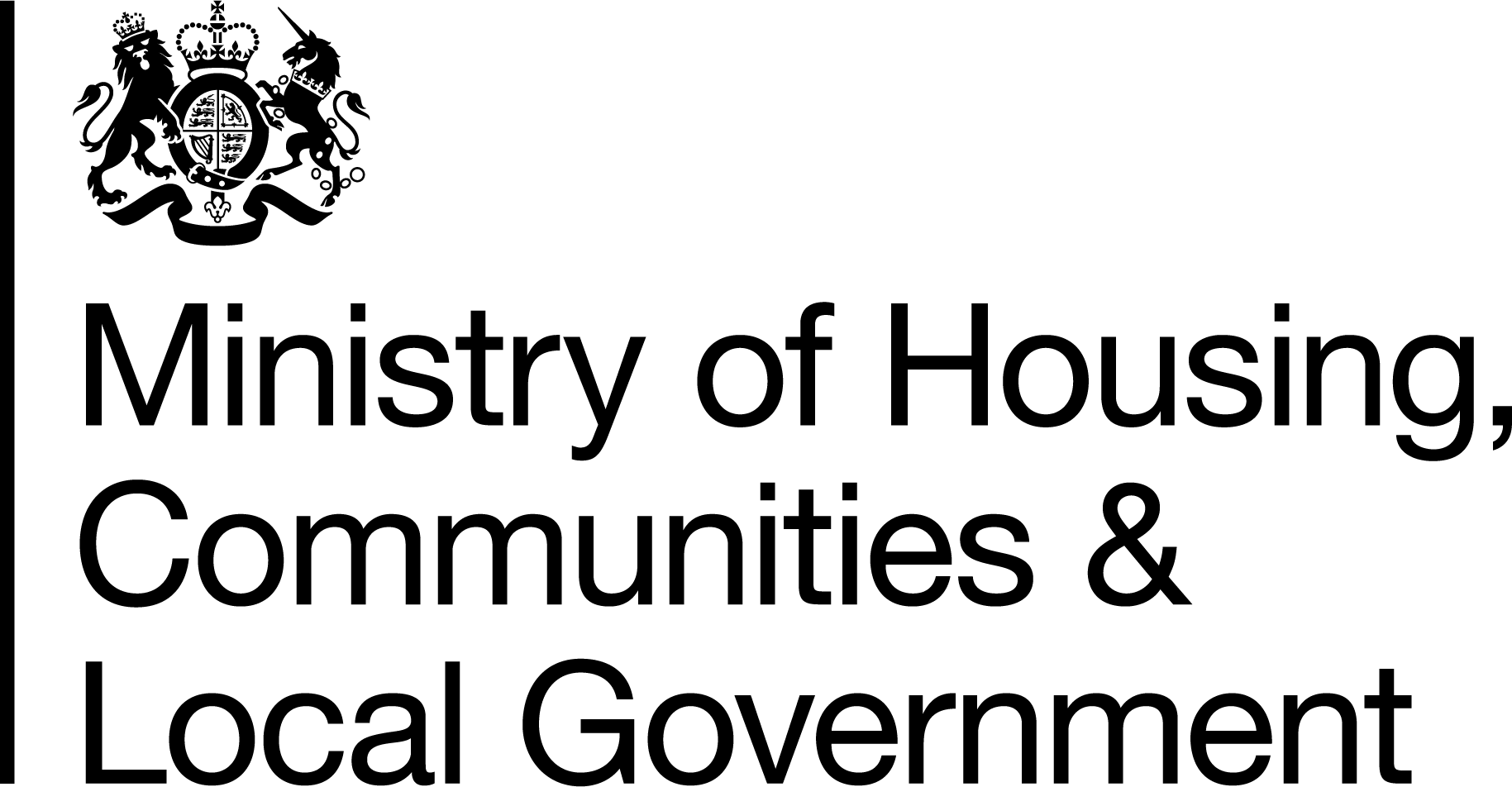Plan-making reform consultation
Overview
Local plans, and minerals and waste plans, (referred to here as ‘plans’) are produced by planning authorities (local authorities with responsibility for preparing these plans) to guide and manage development in their areas. They are important documents for local communities because they set the development framework for the area, usually for the next 10 or 15 years. Plans allocate sites for development, set out what land should be protected and contain planning policies, which are the basis for deciding whether to approve planning applications that are subsequently made, including by housing developers and by home owners.
Plans direct where new development should be located – including new homes and places to work – and ensure our buildings and places are beautiful and of a high quality. They facilitate the delivery of local infrastructure, such as new schools, health and community facilities, transport, and green infrastructure such as parks, street trees, local wildlife areas and woodlands. They help to protect and enhance those things communities hold important, including the natural, built and historic environment. They also help us respond to climate change, support nature recovery and level up economic opportunity. Independent planning inspectors, appointed by the Planning Inspectorate on behalf of the Secretary of State, hold examinations in public to scrutinise plans and determine whether they meet the standard required.
However, the current way of preparing plans is not optimised for community participation. Plans can be lengthy, hard to read and difficult for those without specialist planning knowledge to engage with. They also often take a long time to prepare, at least seven years on average, which means they can be out of date too quickly, and communities struggle to understand the many different consultation phases. As a result, only approximately 35% of local planning authorities have adopted a local plan in the last five years, and few are at an advanced stage of preparing a new one. This creates uncertainty for communities and holds back development where it is needed.
Our vision is for plans to be simpler to understand and use, and positively shaped by the views of communities about how their area should evolve. We want them to clearly show what is planned in a local area – so that communities and other users of the plan can engage with them more easily, especially while they are being drawn up. We want them to be prepared more quickly and updated more frequently, so that they remain up-to-date to ensure more planning authorities have up-to-date plans that reflect local needs. And we want them to make the best use of new digital technology, so that people can get involved without having to go through hundreds of pages of documents at council offices and to drive improved productivity and efficiency in the plan-making process.
The Levelling up and Regeneration Bill sets out changes to the legislation that governs how plans are produced. Through this consultation, we are asking for your views on certain proposals to implement these changes, to make plans simpler, faster to prepare and more accessible. The Bill is currently undergoing Parliamentary scrutiny and our proposals are subject to the Bill receiving Royal Assent.
A full non-technical summary is available on the gov.uk version of this consultation document. A link to the full document is here.

Share
Share on Twitter Share on Facebook